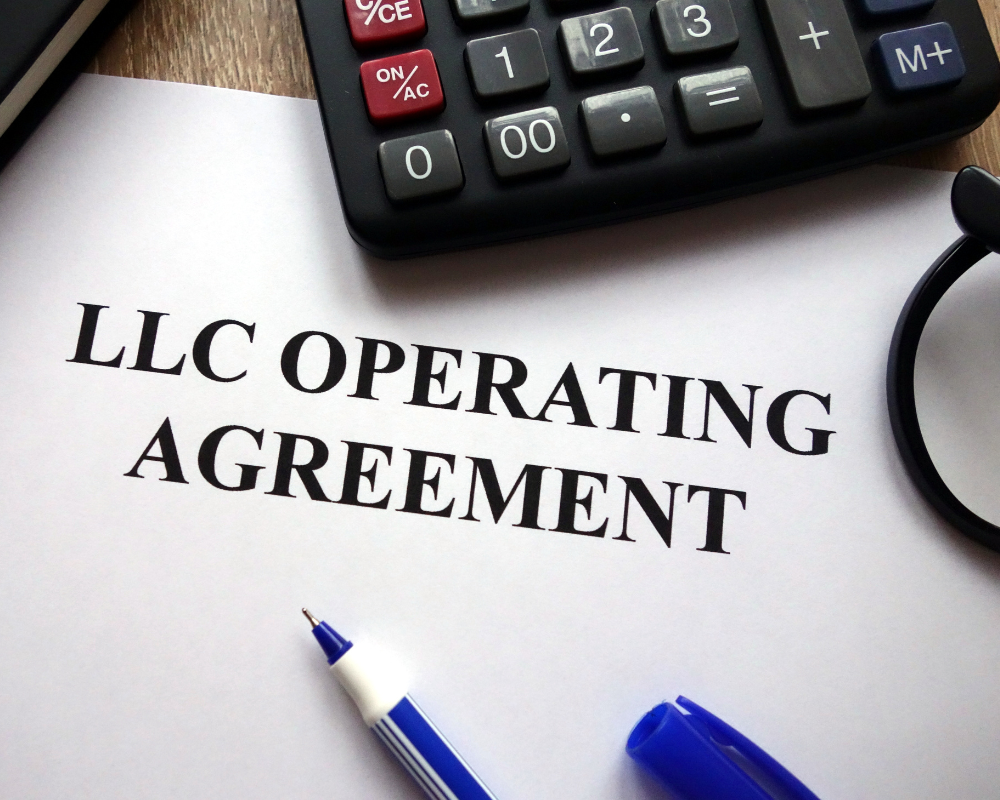
One of the most frequently asked questions we receive is: When should I set up an LLC? Whether it’s for your business or rental properties, the answer isn’t one-size-fits-all. It depends on your unique circumstances and goals. Let’s break down the factors to consider before taking this step.
Why Set Up an LLC?
An LLC (Limited Liability Company) is often created for liability protection rather than tax benefits. By keeping your personal and business assets separate, an LLC can help shield your personal wealth if legal issues arise. However, it’s essential to weigh the pros and cons carefully. There are nearly no tax benefits to setting up an LLC.
Pros of an LLC
- Liability Protection:
- The primary advantage of an LLC is to safeguard your personal assets from lawsuits or claims against the business.
- This can be particularly important if you own significant assets or have multiple businesses.
- Flexibility:
- LLCs offer flexibility in management structure and ownership, which can be tailored to your needs.
Cons of an LLC
- Administrative Responsibilities:
- Filing requirements vary by state, but many require annual filings, registration fees, and possibly meeting minutes.
- Some states, like California, charge high annual fees—$800 per year just to maintain an LLC.
- Separate Entity Requirements:
- To maintain liability protection, you must treat the LLC as a distinct entity. This means:
- Keeping personal and business finances separate.
- Avoiding actions that could result in “piercing the corporate veil,” a legal issue best discussed with an attorney.
- To maintain liability protection, you must treat the LLC as a distinct entity. This means:
- Minimal Tax Benefits:
- Contrary to popular belief, LLCs generally offer little to no tax benefits for businesses or rental properties. While some minor exceptions may apply, it’s best to consult a tax professional.
Is an LLC Right for You?
When deciding whether to set up an LLC, consider the following:
- Your Financial Risk:
- If you own significant assets or have multiple businesses, an LLC can provide valuable liability protection.
- If you’re just starting out and have minimal assets, other options like umbrella insurance may be sufficient.
- State Requirements and Costs:
- States vary widely in their filing fees and requirements.
- In states with high fees (e.g., California), it may not be worth the cost if you’re just starting out.
- Number of Properties:
- For real estate investors with only a few properties, umbrella insurance might suffice.
- Attorneys often recommend an LLC for each property or grouping properties based on value. However, this can increase administrative tasks and costs.
Alternatives to an LLC
- Umbrella Insurance:
- This can provide liability coverage without the administrative burden of an LLC.
- It’s a cost-effective option for those with minimal assets or properties.
- Careful Risk Assessment:
- If your current risk level is low, you may choose to delay forming an LLC until your circumstances change.
Key Takeaways
- Don’t rush into forming an LLC because it’s popular advice.
- Consult professionals: Talk to a tax professional and an attorney to assess your needs.
- Evaluate your comfort level: Consider your financial risk, state regulations, and personal preferences before deciding.
At the end of the day, an LLC isn’t a one-size-fits-all solution. For some, it provides essential protection; for others, it creates unnecessary complexity.
Conclusion
Setting up an LLC can be a smart move for liability protection, but it’s not always necessary. At Thompson Tax Group LLC, we help clients evaluate their options and determine the best approach for their unique situation. Contact us today to explore whether an LLC is right for you.
